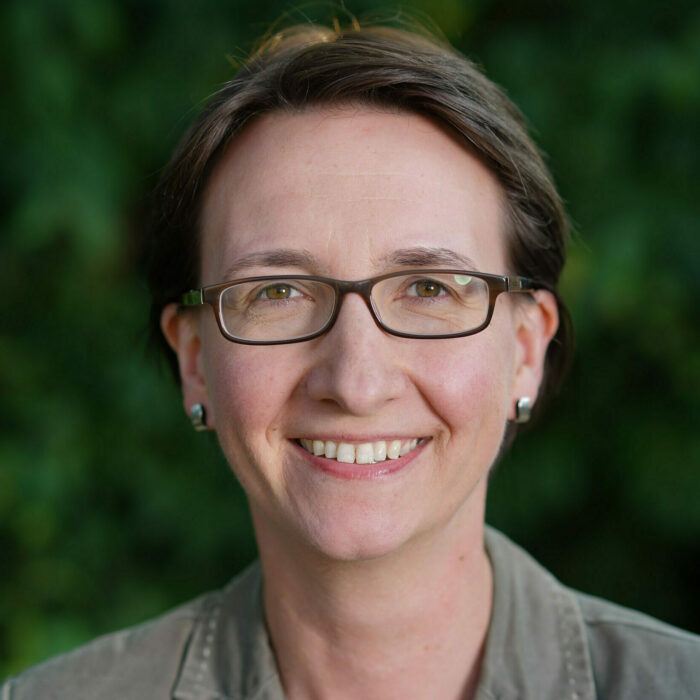Who we are
© fotogestoeber.de / istock
Prof. Dorothea Kleine
Biography (as at 2022)
Prof. Dorothea Kleine leads the Digital Technologies, Data and Innovation group at the Sheffield Institute for International Development, University of Sheffield. She is a Professor of Human Geography. Her research investigates sustainable human development, global justice, and the role of digital technologies in making progress towards these aims. She has published widely on the potential and the ethical challenges of the use of ICTs in sustainable development in both the global South and North, focusing in particular on the perspective, agency and creativity of the more marginalised. She is well-known for her theoretical work, proposing the choice framework to apply the capabilities approach to digital development, as laid out in ‘Technologies of Choice?’ (MIT Press). Much of her work is participatory and co-produced with community organisations and other non-academic stakeholders.
Dorothea Kleine’s research has explored the intersection between sustainable development and the digital, for instance in the interdisciplinary EPSRC Fair Tracing Project which explored digital traceability and app-based producer-to-consumer communication in Fair Trade value chains, including communication about environmental cost and labour rights. Other projects such as the ESRC SCARFE project used ethnographic methods to explore consumers’ sustainability practices, everyday uses of digital devices, and their engagement with social media, in Brazil, China and South Africa. Dorothea Kleine has conducted research in Europe, Latin America and Africa and has collaborated with or advised Unicef, UNEP, UNCTAD, DFID, GIZ, Nokia, GSMA and Oxfam. She holds a PhD from the London School of Economics. Before joining Sheffield, she worked at Cambridge University, Bonn University and Royal Holloway, University of London.
Focus areas
- sustainable development
- global justice
- digital technologies
- ICT4D
- gender, intersectionality

